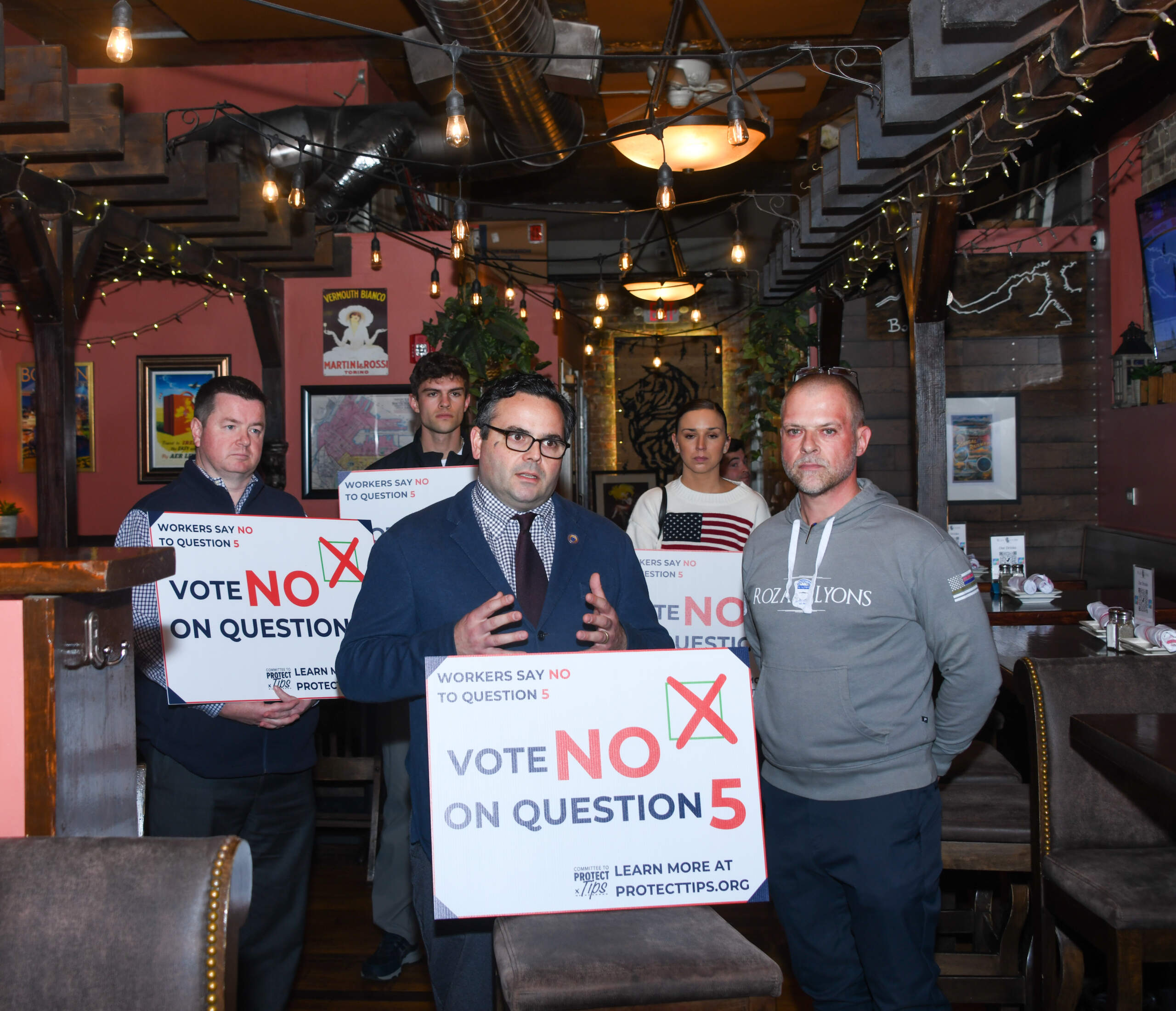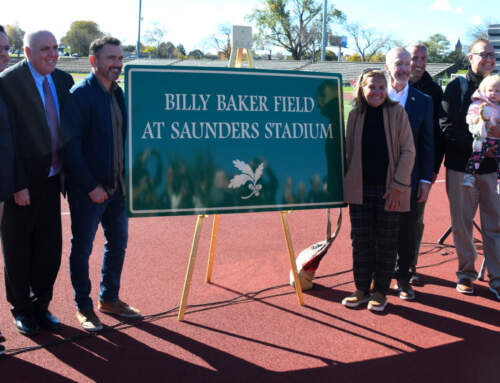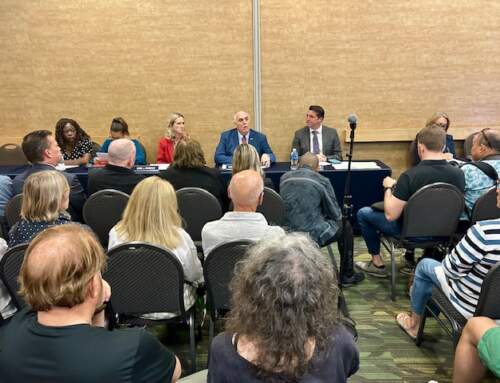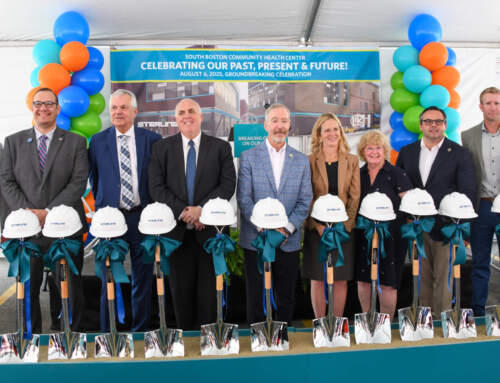As Massachusetts approaches a critical vote, restaurant owners, employees, and industry advocates are rallying against Question 5. This legislation, called Minimum Wage for Tipped Workers, and introduced by an out-of-state activist group, would dramatically shift tipping policies for restaurant workers.
While advocates argue the law aims to guarantee a $15 minimum wage for tipped workers, industry professionals warn that it could lead to higher menu prices, job losses, and a decline in service standards.
“We weathered a massive storm through the pandemic,” said Roza Lyons owner Rob Fitzharris, whose restaurant hosted a press conference with Senator Nick Collins on Tuesday. “To do this to the bar and restaurant industry now, it’s going to have a very negative effect on our survival.
“Ultimately, if you ask the people who it’s going to directly affect — our bartenders, our servers — nobody in the industry is in favor of it,” Fitzharris said, noting there is a system in place that works. “None of this makes any sense at all.”
In Massachusetts, a grassroots movement is underway to vote “No” on Question 5. Organizers and supporters have distributed more than 4,000 yard signs and have been holding local informational sessions to educate voters on what they see as the risks of this legislation.
“Over the last several months, talking to bartenders, talking to small business owners, talking to wait staff, it has been a unanimous ‘No.’ The people who are going to be most affected are saying no,” said Collins. “The only folks out there promoting this are an out-of-state coalition that’s trying to push this experiment on Massachusetts.
“This is an easy one,” said Collins. “No on 5 is how I’m voting in this election. We’ve seen the social experiment tried in other parts of the United States and it failed in the aftermath of the COVID pandemic.”
Washington, D.C. passed this legislation recently and it’s been a disaster, said Steve Clark, president of the Massachusetts Restaurant Association. “Ten percent of full-service restaurant jobs are gone; 95% of restaurants have raised prices, and 75% have added surcharges.”
According to the booklet, “Massachusetts Information for Voters: 2024 Ballot Questions,” a yes vote would increase the minimum hourly wage an employer must pay a tipped worker to the full state minimum wage implemented over five years, at which point, employers could pool all tips and distribute them to all non-management workers.
“It’s an initiative nobody asked for,” said Joe Rull of Shawmut Strategies Group. “If the system’s not broken, why fix it?”
Overwhelmingly, Rull said, the servers have consistently said they like the way the current system works; they always receive minimum wage, even if their tips don’t add up $15 an hour.
“And what this would do, if passed, would force restaurants to raise prices that we cannot afford these days and it would more than likely put a lot of people out of their jobs.”
This is binding legislation and if it passes, would go into effect on Jan. 1.
Restaurant industry leaders argue that the proposed legislation, if passed, will cause ripple effects across the entire community, driving up food costs – your $15 burger could be $25 – and lowering wages. “You could see restaurants closed because of it and jobs lost,” Collins said.
“I don’t think people fully understand the implications that it will have across the board,” Fitzharris said. “I think it’s important for the non-industry people to understand that it’s going to have such a detrimental effect. You’re going to see businesses, especially like ours, that are not going to weather the storm.”







